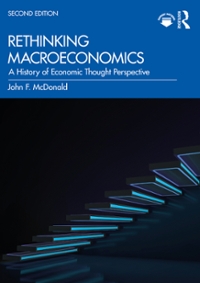Answered step by step
Verified Expert Solution
Question
1 Approved Answer
Income inequality remains a central issue in economic discourse, with significant implications for policy, social cohesion, and economic growth. Traditional measures of income inequality often
Income inequality remains a central issue in economic discourse, with significant implications for policy, social cohesion, and economic growth. Traditional measures of income inequality often provide a snapshot based on annual income, potentially obscuring the true extent of inequality over a lifetime. The 2021 study by economists Alan Auerbach, Laurence Kotlikoff, and Darryl Koehler, titled "U.S. Inequality and Fiscal Progressivity," offers a novel approach by examining inequality within specific age cohorts and considering total resources available over individuals' remaining lifetimes. This case study assignment explores income inequality from this lifetime perspective, integrating factors such as wealth, current and future income, taxes, and government transfers. Objectives - To understand the methodology used in assessing income inequality from a lifetime perspective. - To analyze how this approach alters the perception and measurement of income inequality. - To evaluate the impact of taxes and transfer payments on income inequality when viewed over a lifetime. - To discuss the implications of these findings for economic policy and social welfare
Step by Step Solution
There are 3 Steps involved in it
Step: 1

Get Instant Access to Expert-Tailored Solutions
See step-by-step solutions with expert insights and AI powered tools for academic success
Step: 2

Step: 3

Ace Your Homework with AI
Get the answers you need in no time with our AI-driven, step-by-step assistance
Get Started


